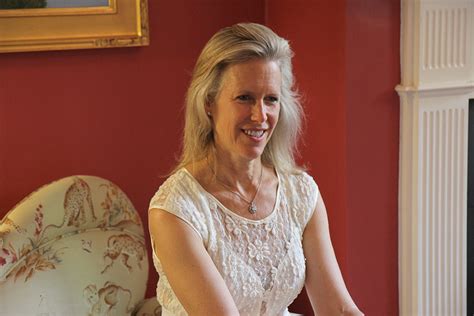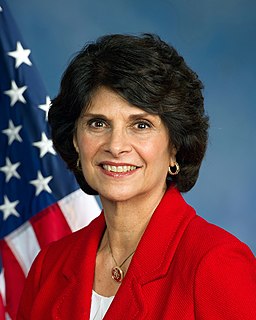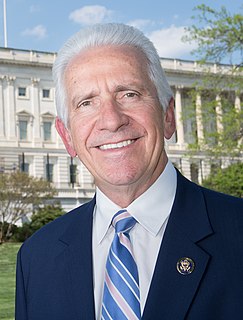A Quote by Conner Eldridge
As a prosecutor, I saw firsthand how VAWA has made a difference in the lives of women and girls by ensuring an aggressive response to domestic violence, boosting victims' services, and enhancing efforts to prevent and prosecute these horrible crimes.
Related Quotes
I did not know that the first step in any domestic violence relationship is to seduce and charm the victim. I also did not know that the second step is to isolate the victim. The next step in the domestic violence pattern is to introduce the threat of violence and see how she reacts. We victims know something you [non-victims] usually don't. It's incredibly dangerous to leave an abuser, because the final step in the domestic violence pattern is to 'kill her'. Over 70% of domestic violence murders happens after the victim has ended the relationship.
I have been working with Women's Aid since 2003 when I became the charity's first Ambassador, and am so pleased to be able to be a part of the 'Real Man' campaign against domestic violence. I studied domestic violence at university and feel passionately that we need to raise awareness of violence against women and children and refuse to ignore it. Just by speaking out against domestic violence and being supportive of those directly affected we can all make a positive difference.
According to the CDC, more than one in three women and one in four men in the United States have been victims of domestic violence. It is a widespread public health problem, and every year 1,600 women and 700 men are killed by their intimate partners. One of the biggest risk factors that domestic violence will become fatal is the presence of a gun.

































